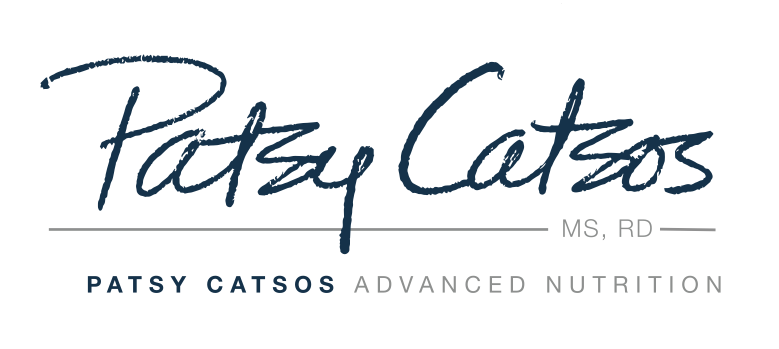Living in New England, where we have distinct seasons, lifestyles and food choices can change significantly depending on the time of year. This week in clinic I saw many patients with off-again, on-again IBS. These patients often have low-level IBS symptoms most of the time, but they sometimes experience weeks-long bouts of worsening symptoms such as excess gas, bloating, abdominal pain and diarrhea or constipation. If you have periodic bouts of worse IBS symptoms, think through the following possibilities to see if they offer any insights that might be useful to you.
Notice whether your gastrointestinal symptoms come and go depending on which seasonal fruits and vegetables are plentiful.
- Seasonal fruits and vegetables. Do you make a point of eating local and/or seasonal fruits and vegetables, or even food you have grown yourself? While this is, of course, a lovely idea, it can lead to weeks-long binges on high-FODMAP foods that are plentiful in-season. Summer and fall can progress from asparagus, strawberries, cherries, watermelon, peaches and sweet corn to garlic, Brussels sprouts, apples and pears, all high in FODMAPs.
- Warm weather/cool weather favorites. Do you gravitate toward yogurt and fruit smoothies or shake mixes during warm weather? More oatmeal loaded with dried fruit and nuts when it gets cold? More veggie burgers and salads in the summer? More slow cooker meals, bean soups and chowders in the fall? If this is the way you think, take a hard look at the high-FODMAP ingredients that might be involved during your problem season.
- Stress leading to poor food choices or overeating. Does stress affect IBS symptoms? It sure does. In addition to the direct physical effects that stress might have on you, it may lead to regrettable food choices or overeating. When you are working too much do you find yourself eating more high-FODMAP takeout meals like pizza or relying more on prepared foods instead of cooking from scratch? When you are upset about something do you overeat or binge on high-FODMAP comfort foods?
- Meal schedule. School year meal schedules can be quite different from those during summers or vacations. This impacts not just students, but their parents and teachers; the effect of this can go either way. Do you find that your meal pattern and food choices benefit from the heavily scheduled routine of the school year? Or are you someone who finds that school and sports schedules lead to poor planning and skipping meals?
"Snowbird" travellers and college students who live in two different places may have two different food routines. Which one suits you better?
- Living arrangements. If you are a “snow-bird,” frequent traveler or college student, does your food routine change when you are away from home? Have you been eating someone else’s cooking for more than a couple of meals during a long vacation or visit? Do these changes make you feel better or worse? Review the FODMAP Big 10 to see if you’ve been eating more of them during your bout of IBS.
- Seasonal treats. Ice cream? Fair food? Halloween candy? Christmas cookies? Easter candy? Enough said.
Changes in your food routine lead to bouts of high FODMAP food intake lead to bouts of IBS. You may be able to manage your IBS more effectively if you learn more about which food routines work best for you. My 8-step program, in The IBS Elimination Diet and Cookbook, simplifies this learning process.
This page may contain affiliate links. We are a participant in the Amazon Services LLC Associates Program, an affiliate advertising program designed to provide a means for us to earn fees by linking to Amazon.com and affiliated sites.



